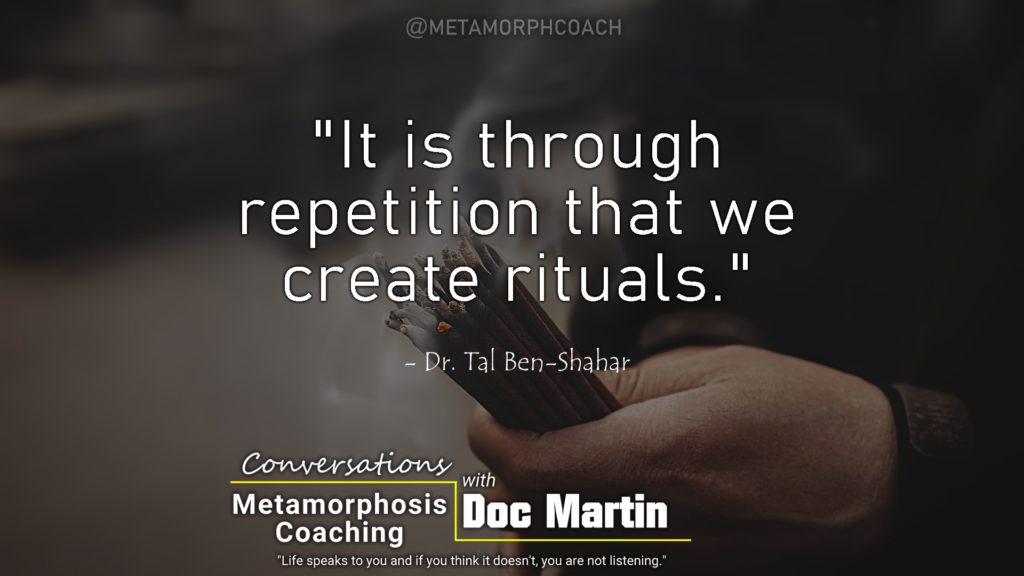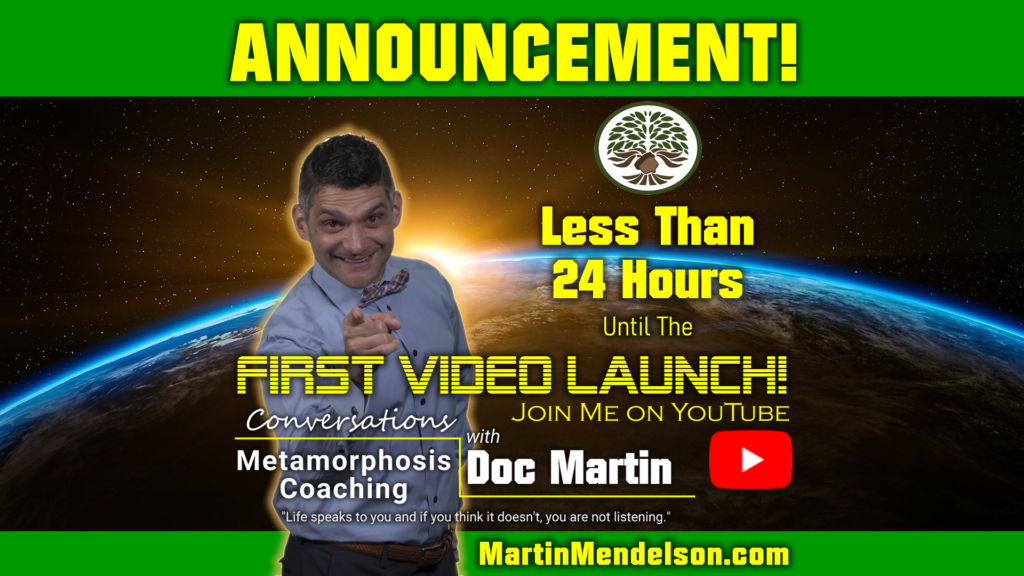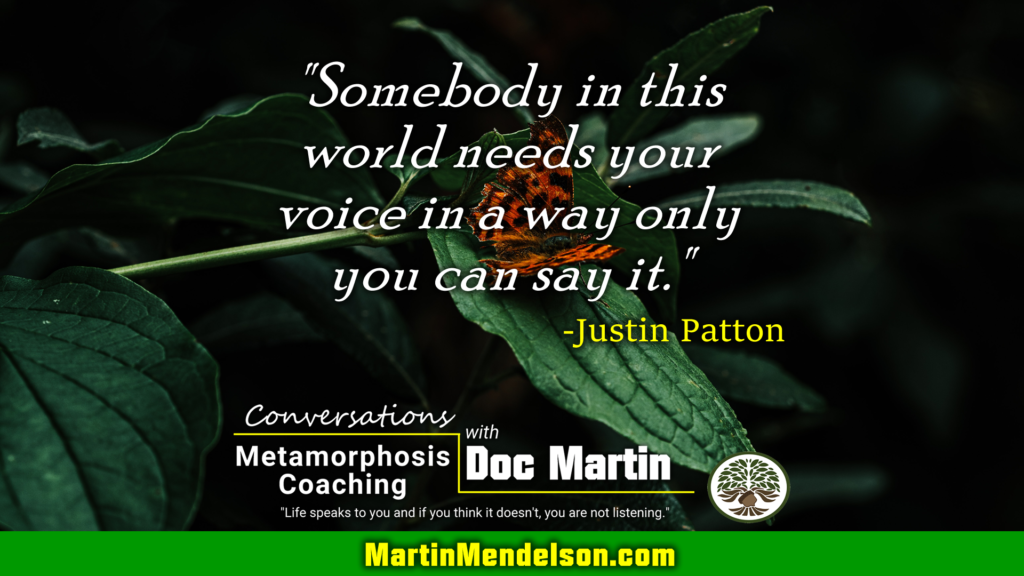Welcome to Conversations with Doc Martin!
In this video series, we’re focused on extraordinary people doing extraordinary things
In today’s interview on Conversations with Doc Martin, we continue on from last week’s interview with Dr. Tal Ben-Shahar!
Dr. Ben-Shahar is an author of multiple international best-selling books, he taught two of the largest classes in Harvard University’s history: Positive Psychology and The Psychology of Leadership; and he is the co-founder and Chief Learning Officer of the Happiness Studies Academy and Potential Life.
In our previous interview, Dr. Ben-Shahar discusses several topics from what happiness is (and isn’t) and effects of social media, to self talk and self perception theory among other things.
In today’s interview, we take a deeper dive into Dr. Ben-Shahar’s SPIRE concept and whole-being, and how they relate to what comprises happiness.
Dr. Ben-Shahar starts off by telling us how the term “whole-being” is really short for “whole person well-being,” and how when we define happiness, we need to look at the whole person.
This was how he and his colleagues came up with the concept of SPIRE, what he refers to as a model that encapsulates the different elements that make up a person’s entire being.
After going over the SPIRE concept, Dr. Ben-Shahar points out how we very often inquire about our daily lives when things go wrong or bad, yet we don’t often inquire as to how or why our good days are in fact our good days; but we should.
As I point out, it was once I learned about the SPIRE concept that I started to inquire about my own life’s daily events, and I realized that every time I had a good day, I could trace it back to an event or something specific that fell into at least one, if not multiple of the SPIRE elements.
After discussing the SPIRE concept and going into more detail about what it means, we talk about how people can start to use this concept to better their lives and their overall happiness.
Dr. Ben-Shahar talks about the two different ideologies on what it means to “truly be happy” — and how often times, we attach happiness to a goal, but when we reach that goal and think we’ve hit our “happily ever after,” that we learn it was not the source of happiness we expected it to be.
Join us over on my YouTube channel, Conversations with Doc Martin, where you can watch the full interview and learn more!
(or listen to the Podcast here)
Find More of Dr. Tal Ben-Shahar’s Work Here:
Website: http://talbenshahar.com
Happiness Studies Academy: https://www.happinessstudies.academy
Potential Life: https://potentialife.com
Dr. Tal Ben-Shahar’s Books:
Happier: Get The Book on Amazon Here
Choose The Life You Want: Get The Book on Amazon Here
(This is Part 2 of a two-part interview with Dr. Ben-Shahar.)



